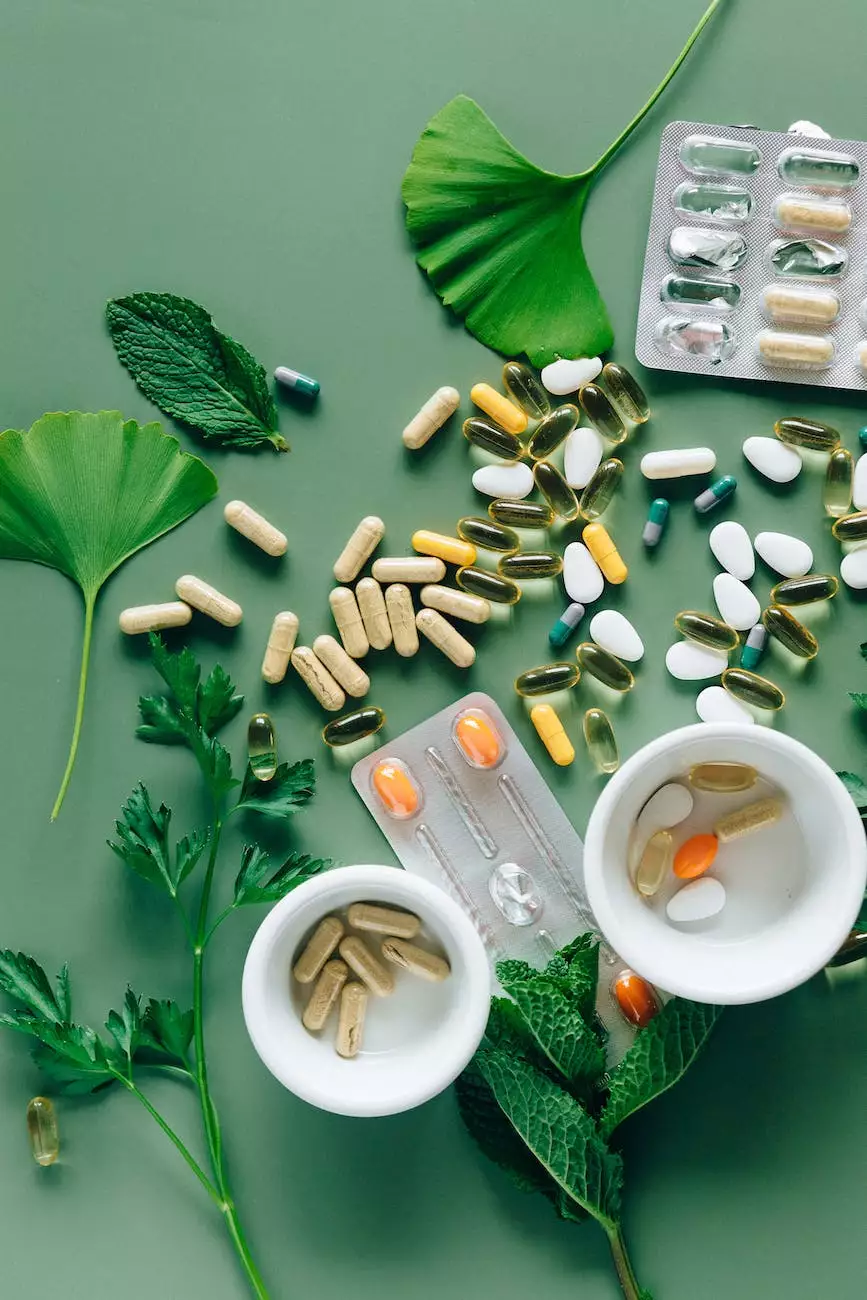Drug Eruptions Matthews, NC - Charlotte
Services
Symptoms of Drug Eruptions
When it comes to drug eruptions, understanding the symptoms is crucial for prompt identification and appropriate treatment. Common symptoms of drug eruptions can include:
- Skin rash: Look out for any unusual skin rash or redness that develops after taking medication.
- Hives: Itchy hives or welts may appear on the skin as a reaction to certain medications.
- Blistering: In some cases, drug eruptions can cause blisters or vesicles on the skin, which can be painful and discomforting.
- Swelling: Swelling of the face, lips, or throat can be a serious sign of a drug eruption requiring immediate medical attention.
- Fever: A high fever accompanied by a skin rash after taking medication should not be ignored.
Causes and Triggers of Drug Eruptions
Drug eruptions can occur due to various causes and triggers, including:
- Allergic reactions: Some individuals may have allergies to certain medications, leading to drug eruptions.
- Side effects: Certain medications may have specific side effects that can manifest as drug eruptions.
- Idiosyncratic reactions: In rare cases, drug eruptions can occur due to unique individual reactions to medications.
- Drug interactions: Combining specific medications can sometimes result in drug eruptions.
- Increased sensitivity: Some people may be more sensitive to specific drug components, making them more susceptible to drug eruptions.
Prevention and Self-Care Tips for Drug Eruptions
To prevent or minimize the risk of drug eruptions, consider the following self-care tips:
- Medical history: Inform your healthcare provider about any known allergies or previous drug reactions.
- Medication communication: Clearly communicate with your healthcare provider about all medications you are taking to avoid potential interactions.
- Start with low doses: If starting a new medication, it is often advisable to begin with a low dosage and monitor your body's response.
- Hydration: Staying well-hydrated can help flush toxins from your body and reduce the risk of drug eruptions.
- Sun protection: Some drug eruptions can be triggered or worsened by sun exposure, so protect your skin with appropriate clothing and sunscreen.
- Avoid self-medication: Always consult a healthcare professional before taking any new medications or self-medicating.
Treatment for Drug Eruptions
If you experience a drug eruption, seeking professional medical advice is essential. Treatment options may include:
- Discontinuing the medication: In many cases, stopping the medication causing the drug eruption is the first step towards recovery.
- Topical treatments: Depending on the severity and type of eruption, your healthcare provider may recommend topical creams or ointments to alleviate symptoms.
- Oral medications: In severe cases, oral medications such as antihistamines or corticosteroids may be prescribed to reduce inflammation and manage symptoms.
- Monitoring and follow-up: It is important to follow your healthcare provider's instructions and attend follow-up appointments for proper monitoring.
Contact Greater Carolinas Womens Center for Expert Advice
At Greater Carolinas Womens Center, we specialize in providing comprehensive information and guidance on drug eruptions in Matthews, NC and Charlotte. Our team of experienced healthcare professionals is ready to assist you with expert advice and personalized care. Contact us today to schedule an appointment or speak with an expert in women's health!



